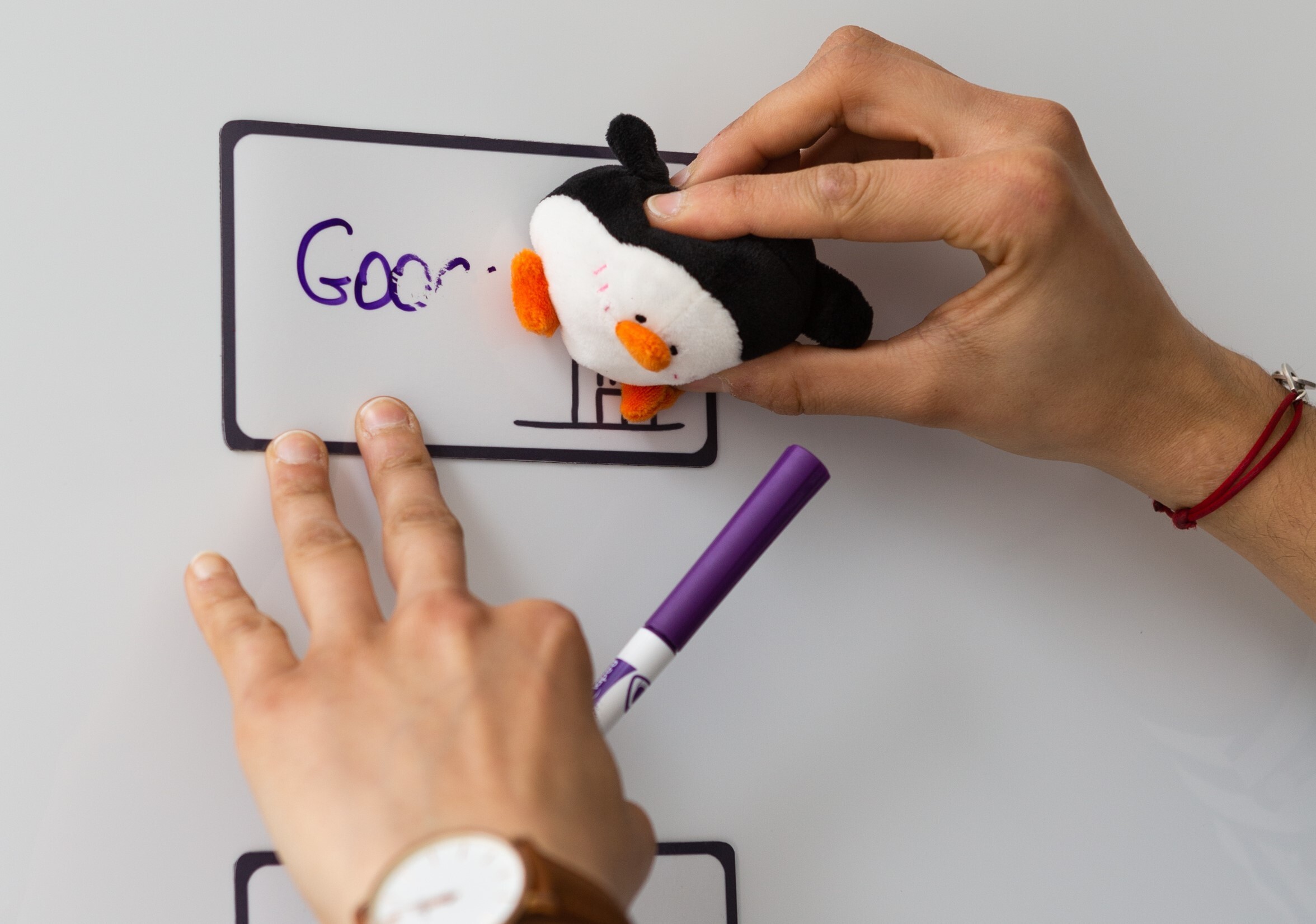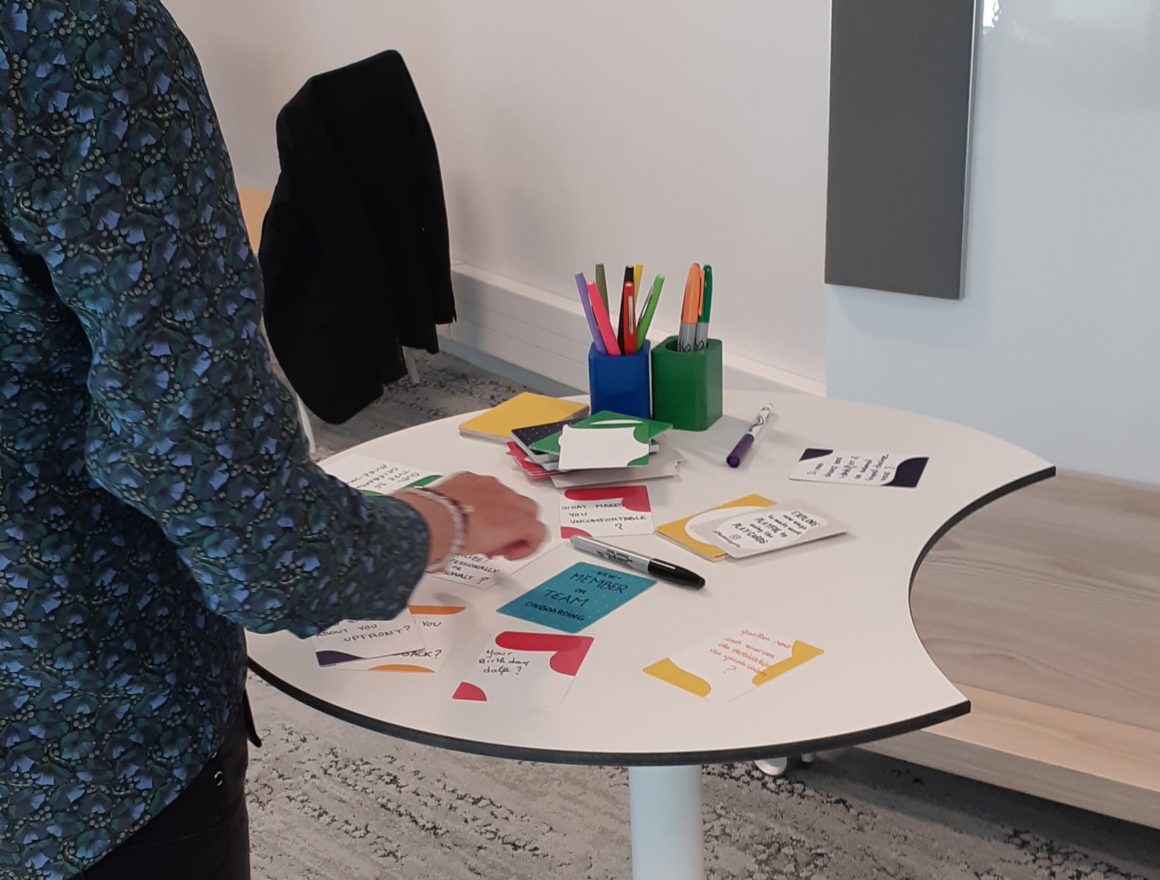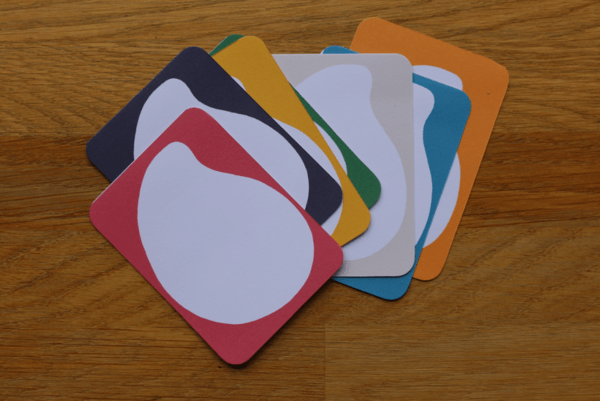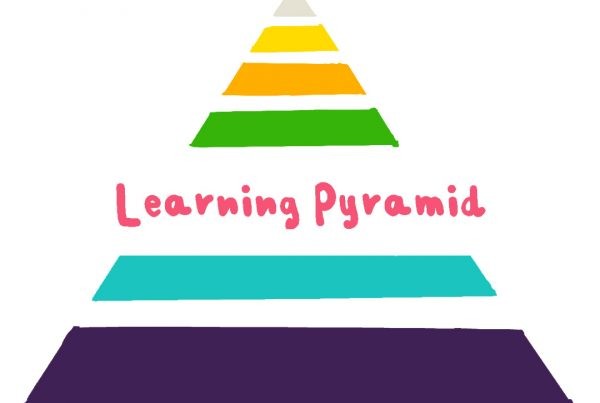What are the similarities between play and work?
We often tend to perceive play and work as two separate things. However, these two concepts share a lot of similarities, especially in a team. You can even improve your concentration by making a task more playful. Indeed, whether you are playing or you are working, you:
- feel engaged in the project
- want to give the best performance
- share your thoughts with your teammates
- try to solve a problem
- want to have fun
When you are playing a multiplayer game, you need your partner to care as much as you do. By helping each other out, you will find solutions to complete the tasks you were given. Now, do you see how this also applies to work?
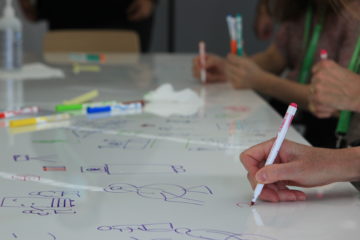
Work team = Play team!
When a project is about to start, it is crucial to bring you and your team in a playful mode. In a team, everyone needs to feel useful and trusted. What you want is to engage them to use their best skills to complete a task. Play team or work team, this works for both.
Let your team try new things. Let them bring new points of view. This will benefit your work, because everyone will be welcome to say something. And yes, there will sometimes be failures. But your team will never run out of lives to try again!
How to engage your collaborators as a play team?
There are 3 phases in a playtime:
-
The invitation to play, or creating the conditions to play as a team
Play always starts with an invitation. It can take different forms: a note, a speech, a question… Or you can be even bolder and use some actual play tool. For example, you can use dices and cards to set the mood. Look up our article about why dices and cards are the most universal tools of play.
The idea is to put your team in a playful mode right when the project is starting. If they see the project as a game, they will have more fun working on it!
Like a team in sports, there must be a goal to achieve, with obstacles (an opposing team for example). This notion of the game is particularly present in soccer teams for example, where winning is a quest that can take years of training.
The example of rugby teams is also a great example of strong teams working together to win the game. And in fact, many coaches of rugby identify parallels between teamwork in sports and management
-
Perspective taking, or evaluating all the possibilities
Everyone plays a game differently than anyone else, because everyone has its own personality and skills. To bring a project to a higher level, there is nothing like welcoming a completely different perspective to the table. It is like wearing different glasses every day. Tomorrow, you won’t see the world the same way as today!
So what you can do is gather your team around a table, and let a game of hazard decide who gets to speak. This way, everybody will have the same chances to express themselves.
Here again, we can take the example of a sport such as volleyball, in which each player has his role and especially the right to touch the ball so that the passes are fluid, fast and effective.
-
The landing, or taking decisions
Now that we evaluated all the options, we’re ready to choose! Since anyone has shared their ideas at work, you have multiple solutions to only one solution. It is now time to select the best one out there and to develop it into an action plan.
Congrats! You have successfully adapted to each and every personality in your team. Therefore, you have created an environment where people can bring out the best of themselves, while having fun.
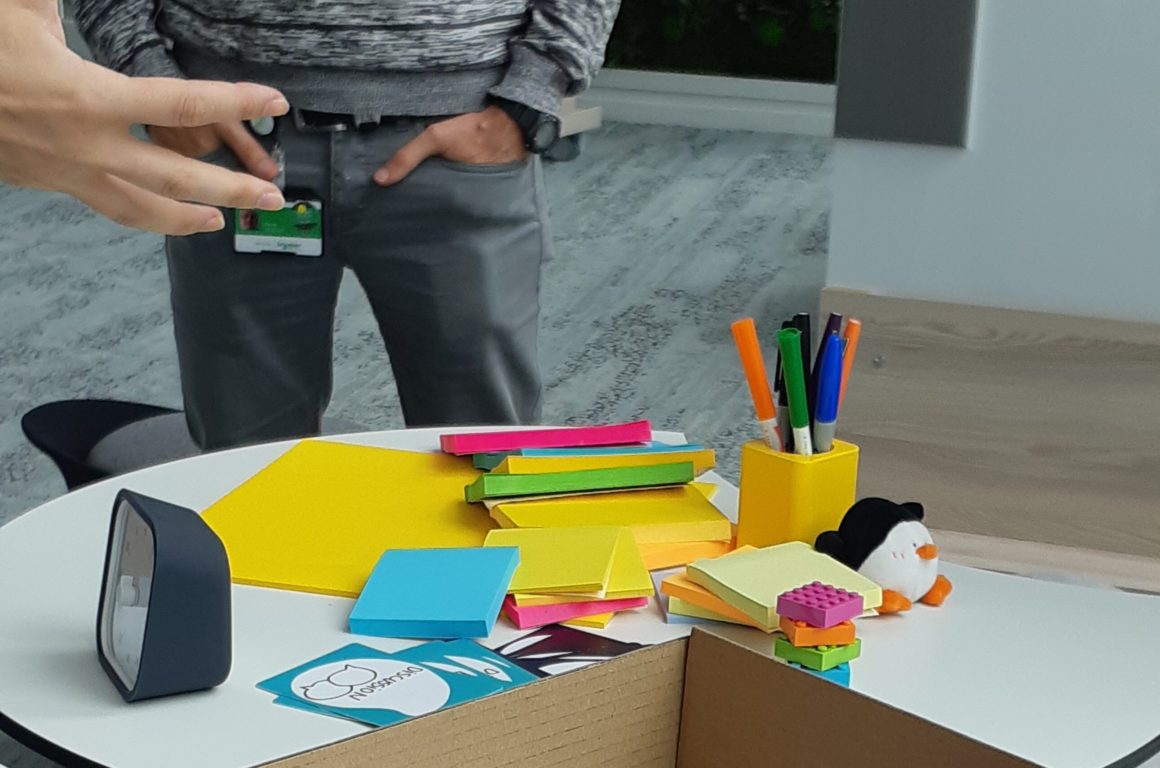
So, basically, the fundamentals to make your work team a play team is to promote autonomy and benevolence into your management. Same thing goes with us. We are offering you to be your play partners. This is our invitation to you. If you want to play and work with us, check out our workshop about Basics of play to see how we can help you!

